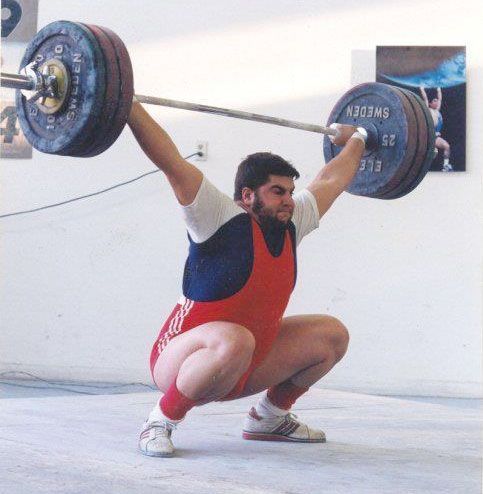
Weightlifting is not just about physical strength and technique; it also demands mental toughness and resilience. The ability to overcome mental barriers and push through physical limitations is what separates successful weightlifters from the rest. In this article, we will explore strategies to develop and maintain mental toughness in weightlifting, enabling you to achieve your goals and perform at your best.
Understanding Mental Toughness
Mental toughness involves possessing a strong mindset that allows you to remain focused, motivated, and resilient in the face of adversity or challenges. In weightlifting, mental toughness helps athletes handle the pressure of competitions, overcome self-doubt, and bounce back from failures or setbacks.
Setting Clear Goals
One of the first steps in developing mental toughness is setting clear, specific goals. Understand what you want to achieve in weightlifting and break your goals down into smaller, achievable steps. Having a clear roadmap ensures that you stay motivated and focused, even when the going gets tough.
Building Resilience
Resilience is a key component of mental toughness. It involves the ability to bounce back from failures, setbacks, or injuries. Embrace challenges as opportunities for growth rather than obstacles, and learn from your mistakes. Surround yourself with a supportive network of coaches and teammates who can provide encouragement and guidance during difficult times.
Developing Focus and Concentration
Weightlifting requires concentration and focus for successful execution of techniques. Train yourself to stay focused during training sessions by eliminating distractions and practicing mindfulness. Visualize yourself performing lifts perfectly, enhancing your mental imagery skills. By maintaining a strong focus, you can maximize your performance and minimize mistakes.
Adopting Positive Self-Talk
The way you talk to yourself influences your mental state and performance. Replace negative self-talk with positive affirmations and constructive criticism. Instead of dwelling on errors, focus on what you did well and identify areas for improvement. Positive self-talk helps build confidence and creates a resilient mindset, enhancing your overall performance.
Managing Stress and Pressure
Competitive weightlifting often brings intense pressure and stress. Developing strategies to manage and cope with these pressures is crucial for maintaining mental toughness. Practice relaxation techniques such as deep breathing, meditation, or visualization to calm your mind. Create a pre-competition routine that helps you mentally prepare and enter a focused state. Recognize that pressure is a natural part of the process and embrace it as a positive challenge rather than a threat.
Seeking Support and Guidance
Mental toughness can be further developed with the support and guidance of experienced coaches, sports psychologists, or mentors. These professionals can provide valuable insights, strategies, and personalized advice to help enhance your mental game. They can assist in identifying weaknesses and developing tailored approaches to overcome mental barriers, taking your weightlifting performance to new heights.
Conclusion
Building mental toughness in weightlifting is a journey that requires dedication, practice, and the application of various strategies. By setting clear goals, developing resilience, staying focused, adopting positive self-talk, managing stress, and seeking support, you can significantly enhance your mental game. Remember, mental toughness is as vital as physical strength and technique in weightlifting, and with a strong mindset, you have the power to achieve greatness.

